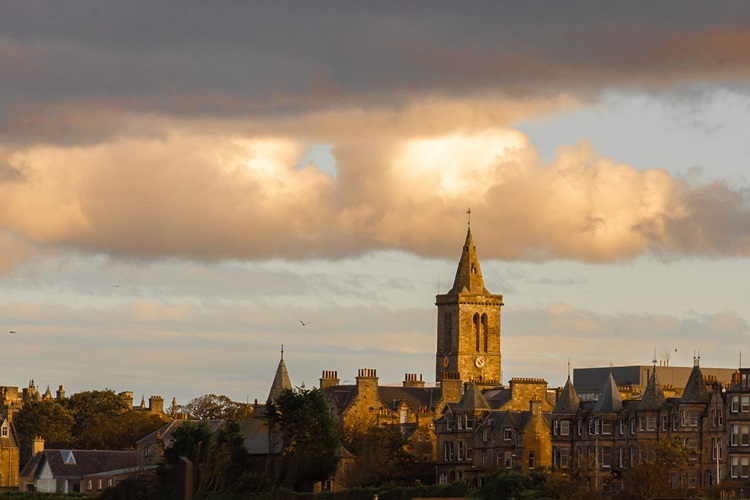University think tank receives international honours

The Third Generation Project (TGP), an international think tank based in the School of International Relations at the University of St Andrews, has been recognized by the 2024 MacJannet Prize for Global Citizenship.
The Prize, which is organized through the Taillores Network, recognises exceptional student civic engagement in projects that promote action around the principles of the Talloires Declaration, which recommends steps to elevate the civic engagement of universities around the world.
Established in 2016 by Dr Bennett Collins (now at Aberdeen University) and Professor Ali Watson in the School of International Relations, TGP focuses on collaborating with marginalised communities to co-create materials and programs that address the impact of climate change. Stemming from an action-research philosophy developed by Collins and Watson, the work of the Project includes the community as participants and direct beneficiaries of social change.
Projects are co-created to propose inclusive approaches to issues facing marginalised communities. “Primarily we hope to address the bias that exists in Western knowledge construction,” says co-founder Professor Ali Watson. “Through partner engagement we recognize the need to create knowledge in ways that fully engage and respect the knowledge systems of the communities with whom we work.”
Students are involved at every stage of development, including planning, outreach, activism, advocacy, and research, and serve in key roles on the management team. In their role as action researchers, they are also provided opportunities to collaborate with faculty and education advocates to prioritise and co-create programming and identify research priorities.
Among other initiatives, the TGP team is currently developing climate justice education materials. Aimed at children and young people whose education has been curtailed in some way, the materials are designed to be delivered in both traditional and non-traditional educational settings. The project, led by three student members of the management team, was developed as a response to the overall lack of climate justice education in current school curricula.
“We recognise that demand for knowledge in this area exists,” says Watson, “but that much of the current teaching remains rooted in a science-based approach to climate change teaching.”
Other projects include a Mutual Aid Clinic (MAC) which was developed as a Vertically Integrated Project (VIP) – a mechanism which allows for programs to develop an ongoing research project led by an academic supervisor. VIPs are made up of a team of students from any level of study (the ‘vertical’ aspect). The team of students can come from different subject areas with diverse backgrounds and skills across both arts and science.
Martin Jernigan, who graduated from the program this year and worked on the MAC, said his interest in TGP stemmed from a desire to gain experience with action-research outside the classroom.
“I have been all over Scotland conducting research into government and private archives, applying complex theories and methodologies to real life. This work has now become contracted with the Scottish Government, and we will be turning in a report later this year detailing what we have been able to find in the archives. Besides this report, I have also helped create educational materials, posters, presentations, and participated in events designed to spread awareness of what we do. I feel incredibly lucky to be finishing my undergraduate degree with such a unique, and full-on research experience.
“I honestly can say that I am a better researcher, student, scholar, and person due to the TGP and all of those who I have worked with through it. I have no doubt that applying for the MAC was, and will be, the most important decision of my academic career, and one of the most important of my life,” Martin added.
Category Awards